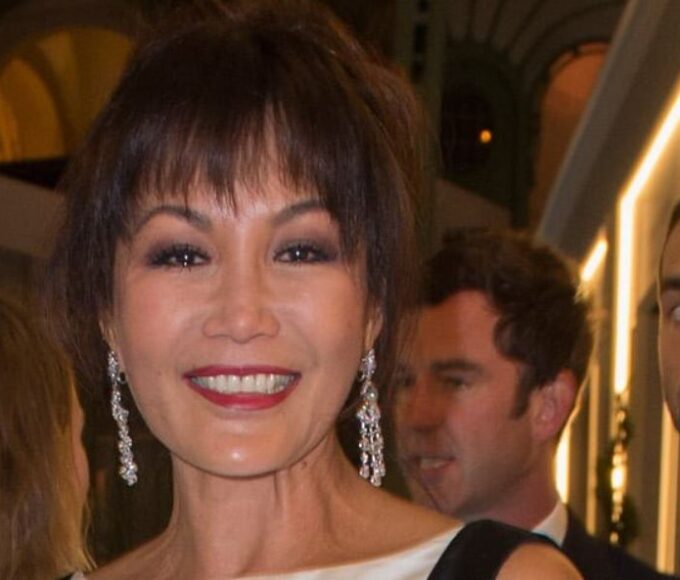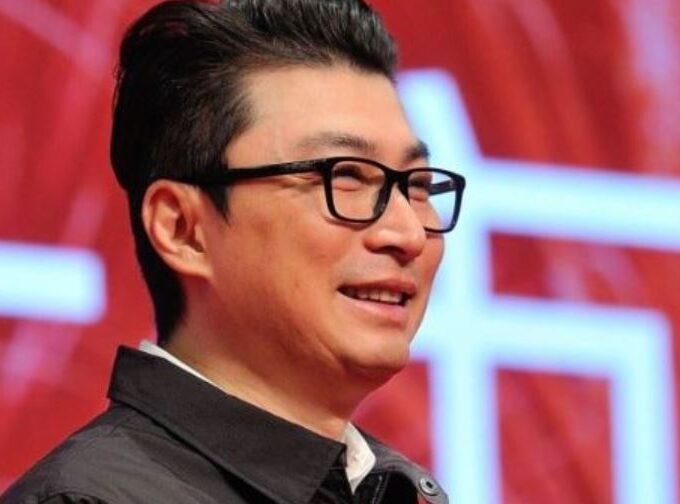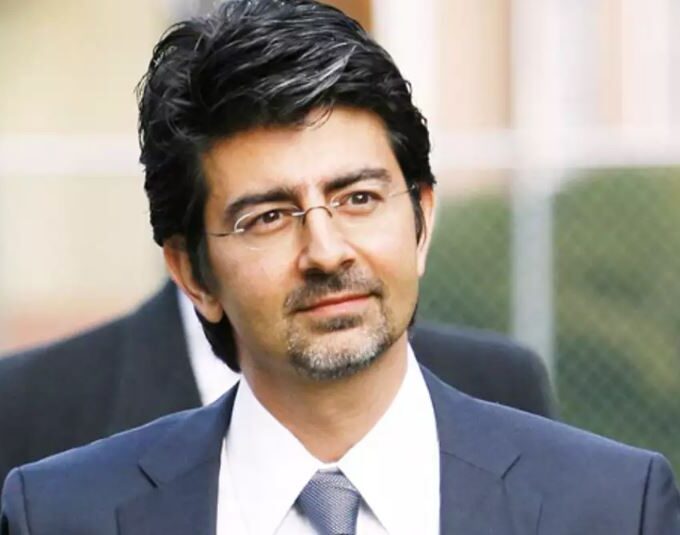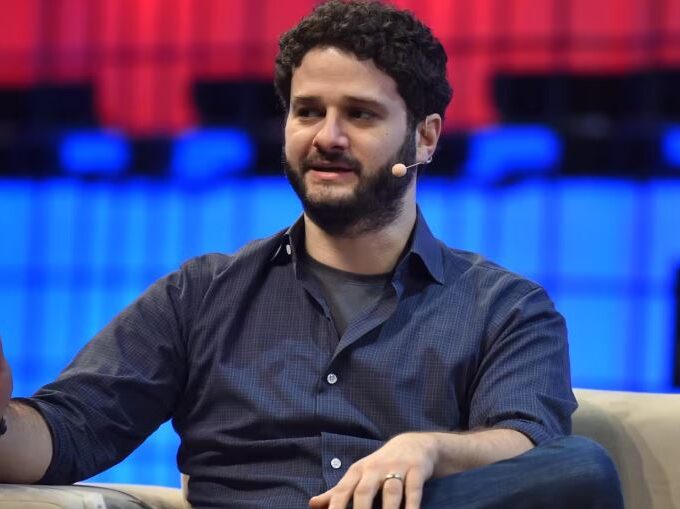- Home
- Billionaires
- Investing Newsletters
- 193CC 1000
- Article Layout 2
- Article Layout 3
- Article Layout 4
- Article Layout 5
- Article Layout 6
- Article Layout 7
- Article Layout 8
- Article Layout 9
- Article Layout 10
- Article Layout 11
- Article Layout 12
- Article Layout 13
- Article Layout 14
- Article Sidebar
- Post Format
- pages
- Archive Layouts
- Post Gallery
- Post Video Background
- Post Review
- Sponsored Post
- Leadership
- Business
- Money
- Small Business
- Innovation
- Shop
Recent Posts
Wang Liping: A Life of Discipline, Legacy, and Mystery

Wang Liping, one of the most enigmatic and revered modern Taoist masters, has lived a life steeped in discipline, spiritual pursuit, and dedication to the preservation of ancient Chinese traditions. Born in 1949 in northeastern China, he emerged not only as a practitioner of Taoist internal alchemy but also as a key figure in transmitting esoteric knowledge passed down for generations through oral tradition. Known as the 18th generation transmitter of the Dragon Gate branch of the Quanzhen School of Taoism, Wang Liping has quietly influenced countless individuals in China and abroad, living a life that blends secrecy with profound wisdom. Though much of his life remains shrouded in mystery, what is known paints the portrait of a man deeply committed to spiritual growth, natural harmony, and family.
From an early age, Wang Liping showed a unique sensitivity to energy, nature, and meditation. It was this innate awareness that drew the attention of three elderly Taoist masters, who saw in him the potential to inherit the closely-guarded knowledge of their lineage. He became their disciple, receiving years of intensive and often grueling training in remote locations. This mentorship was not merely academic or ceremonial; it was a full immersion into ancient disciplines such as breathing techniques, Qi Gong, internal alchemy (Neidan), and meditation. Under their strict guidance, Wang underwent a spiritual and physical transformation, preparing him to eventually pass on these teachings in a time when Taoist practices were endangered due to political and cultural shifts in China.
Despite the secrecy surrounding much of his practice, Wang Liping rose to wider recognition with the release of the book Opening the Dragon Gate: The Making of a Modern Taoist Wizard, written by Chen Kaiguo and Zheng Shunchao. The book chronicles his life and training under his three masters and provides rare insight into Taoist spiritual disciplines. Its publication brought international attention to Wang and introduced a broader audience to the rigorous and profound path of internal alchemy. However, even with this fame, Wang remained largely private, focusing on teaching those truly dedicated to the path rather than pursuing popularity or celebrity.
Wang Liping’s approach is rooted in practicality and self-discipline. He has consistently emphasized the importance of grounding spiritual practice in daily life. His teachings are not intended as escapism or abstract philosophy but as a guide for cultivating mental clarity, physical health, and harmonious living. He believes that true spiritual power arises not from ritual or display, but from inner stillness, moral conduct, and continuous refinement of body and mind. This view has resonated deeply with modern seekers, especially those disillusioned by materialism or superficial self-help methods.
Family life for Wang Liping is closely intertwined with his spiritual journey. Although he remains relatively private about his immediate family, it is clear that he honors familial responsibilities as part of Taoist virtue. In traditional Chinese culture, family is not merely a biological unit but a sacred vessel for moral values, continuity, and spiritual transmission. Wang is believed to have passed on elements of his knowledge to select students and possibly to members of his family, though any formal succession remains unknown to the public. There is no clear record of him naming a direct successor, though his legacy is preserved through close disciples and written accounts.
Unlike many spiritual figures who separate personal and teaching lives, Wang Liping seems to have lived a more integrated path, where family, students, and nature are all aspects of one harmonious whole. He teaches that the Tao is present not just in monasteries or remote mountains but in the kitchen, the garden, and the family home. Through this holistic vision, he has influenced not only spiritual practitioners but also scholars, healers, and ordinary individuals seeking peace in a chaotic world.
The broader social context of Wang’s life also adds depth to his story. He grew up during a time of immense upheaval in China. The Cultural Revolution suppressed religious and spiritual traditions, and many ancient teachings were lost or destroyed. That Wang Liping managed to receive traditional training and preserve this lineage is not only remarkable but also symbolic of spiritual resilience in the face of adversity. In this light, his life becomes more than a personal journey—it becomes a cultural bridge, preserving wisdom that might otherwise have vanished.
In his later years, Wang has been involved in teaching retreats, both in China and internationally, focusing on the foundational practices of energy cultivation, stillness, and awareness. His methods are precise and often challenging, demanding sincerity, perseverance, and moral integrity from students. He warns against the commercialization of spiritual practices and urges students to cultivate discernment, humility, and reverence. This stands in stark contrast to the consumer-driven models of wellness often found in the West.
Wang Liping’s impact extends beyond Taoism. He has subtly influenced modern understandings of health, consciousness, and human potential. His teachings have been cited by practitioners of traditional Chinese medicine, martial artists, meditators, and even scientists studying mind-body interactions. Despite his low public profile, his quiet presence continues to ripple across disciplines and continents.
The essence of Wang Liping’s life may best be described as a harmonious dance between the visible and the hidden, the ordinary and the transcendent. He has lived not for acclaim, but for authenticity. Through the combination of internal mastery, cultural stewardship, and family devotion, he offers a model of spiritual living that is deeply rooted and universally relevant. His story reminds us that the most profound journeys often take place far from the spotlight, in the quiet cultivation of virtue, balance, and inner truth.
- Chinese Esotericism
- Chinese Spirituality
- Chinese Taoism
- Dragon Gate Taoism
- Eastern philosophy
- Internal Alchemy
- Modern Taoist Wizard
- Neidan
- Opening the Dragon Gate
- Qi Gong
- Spiritual Discipline
- Spiritual Legacy
- Spiritual Master
- Taoism
- Taoist Alchemy
- Taoist Balance
- Taoist Biography
- Taoist Breathwork
- Taoist Culture
- Taoist Discipline
- Taoist Energy Work
- Taoist Ethics
- Taoist Family
- Taoist Guidance
- Taoist Healing
- Taoist Heritage
- Taoist Hermit
- Taoist History
- Taoist Journey
- Taoist Knowledge
- Taoist Life
- Taoist Lifestyle
- Taoist Lineage
- Taoist Living
- Taoist Master
- Taoist Mastery
- Taoist Meditation
- Taoist Monk
- Taoist Philosophy
- Taoist Practices
- Taoist Teacher
- Taoist Teachings
- Taoist Techniques
- Taoist Tradition
- Taoist Training
- Taoist Transmission
- Taoist Virtue
- Taoist Wisdom
- Wang Liping
Recent Posts
Categories
- 193 Countries Consortium Partner1
- 193cc Digital Assets2
- 5G1
- Aerospace & Defense48
- AI37
- Arts3
- Banking & Insurance11
- Big Data3
- Billionaires1,487
- Boats & Planes1
- Business332
- Careers13
- Cars & Bikes79
- CEO Network1
- CFO Network17
- CHRO Network1
- CIO Network1
- Cloud10
- CMO Network18
- Commercial Real Estate7
- Consultant1
- Consumer Tech194
- CxO1
- Cybersecurity73
- Dining1
- Diversity, Equity & Inclusion4
- Education7
- Energy8
- Enterprise Tech29
- Events11
- Fintech1
- Food & Drink2
- Franchises1
- Freelance1
- Future Of Work2
- Games149
- GIG1
- Healthcare79
- Hollywood & Entertainment203
- Houses1
- India’s 1000 Richest1
- Innovation46
- Investing2
- Investing Newsletters4
- Leadership65
- Lifestyle11
- Manufacturing1
- Markets20
- Media327
- Mobile phone1
- Money13
- Personal Finance2
- Policy569
- Real Estate1
- Research6
- Retail1
- Retirement1
- Small Business1
- SportsMoney42
- Style & Beauty1
- Success Income1
- Taxes2
- Travel10
- Uncategorized14
- Vices1
- Watches & Jewelry2
- world's billionaires1,456
- Worlds Richest Self-Made Women2
Related Articles
Carrie Perrodo & Family: A Legacy of Wealth, Privacy, and Influence
Carrie Perrodo, the reclusive French billionaire and matriarch of one of the...
By 193cc World's BillionairesJune 3, 2025The Life and Legacy of Pei Zhenhua
Pei Zhenhua was a prominent Chinese military and political leader whose contributions...
By 193cc World's BillionairesJune 3, 2025Pierre Omidyar: The Visionary Behind eBay and a Champion for Global Change
Pierre Omidyar is a name that resonates deeply within the worlds of...
By 193cc World's BillionairesJune 3, 2025Dustin Moskovitz: The Quiet Billionaire Behind Facebook and Asana
Dustin Moskovitz may not be the most famous name associated with Facebook,...
By 193cc World's BillionairesJune 3, 2025















Leave a comment